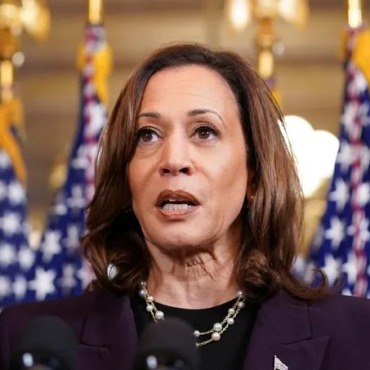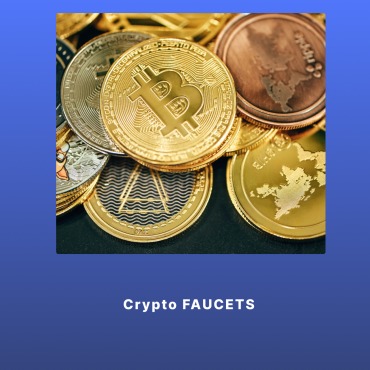The Director-general of the Securities Exchange Commission (SEC), Emonotimi Agama, has disclosed that over 50 cryptocurrency exchanges have applied for operational licenses in Nigeria. This disclosure follows the government’s change in stance on digital assets. It comes a while after it issued a warning to unregulated platforms. The DG disclosed this during a fireside chat at a Blockchain Conference in Lagos on Wednesday.
Background of Crypto Exchange Licences
In August, the SEC announced that it had approved in principle two Digital Asset Exchanges to begin operations under its Accelerated Regulatory Incubation Program (ARIP). Five firms were also admitted to test their models and technology under its Regulatory Incubation Program.
The approved firms include Busha Digital Limited, Quidax Technologies Limited, Trovotech Ltd, Wrapped CBDC Ltd, and HousingExhange.NG Ltd, Dream City Capital, and Blockvault Custodian Ltd.
The ARIP was introduced by the SEC to onboard firms that had already begun operations before the release of the Rules on Virtual Asset Service Providers in May 2022. The RI Program, on the other hand, was designed to evaluate the business models of digital asset firms and allow them to test their products, services, and technology in a real-world market environment under the regulator’s close supervision.
At the time, SEC had noted that additional license applications were being assessed and that approvals-in-principle would be granted on a case-by-case basis once the requirements were met.
The regulator received 50 applications and has accepted seven firms into its programmes.
“Our work at the SEC is to protect investors and foster market development,” he said, noting that while the commission is open to innovation, businesses must meet regulatory and compliance requirements to ensure the growth of a stable and sustainable digital economy. “For Innovators, we encourage you to seize the opportunity to develop blockchain solutions tailored to Africa’s unique needs. Focus on solving real-world problems, such as financial exclusion, inefficient supply chains, and lack of transparency in governance,” he added.
The Nigerian government has maintained it is receptive to crypto and blockchain because it is glaring that the country’s youths adopt the technology. He, however, noted that the pace of acceptance of digital assets may vary across different sectors but will eventually happen.
The Impact on Crypto
The recent licensing of crypto exchanges will lead to more growth in the sector as many players will move their assets to regulated entities that offer them a level of safety.
Nigeria is one of the largest peer-to-peer (P2P) crypto markets globally. Crypto transactions in the country totalled $56.7 billion between July 2022 and June 2023. SEC has led efforts to establish a regulatory framework for the crypto industry, particularly after the Central Bank of Nigeria (CBN) lifted its ban in December 2023 and handed regulatory oversight to it.






